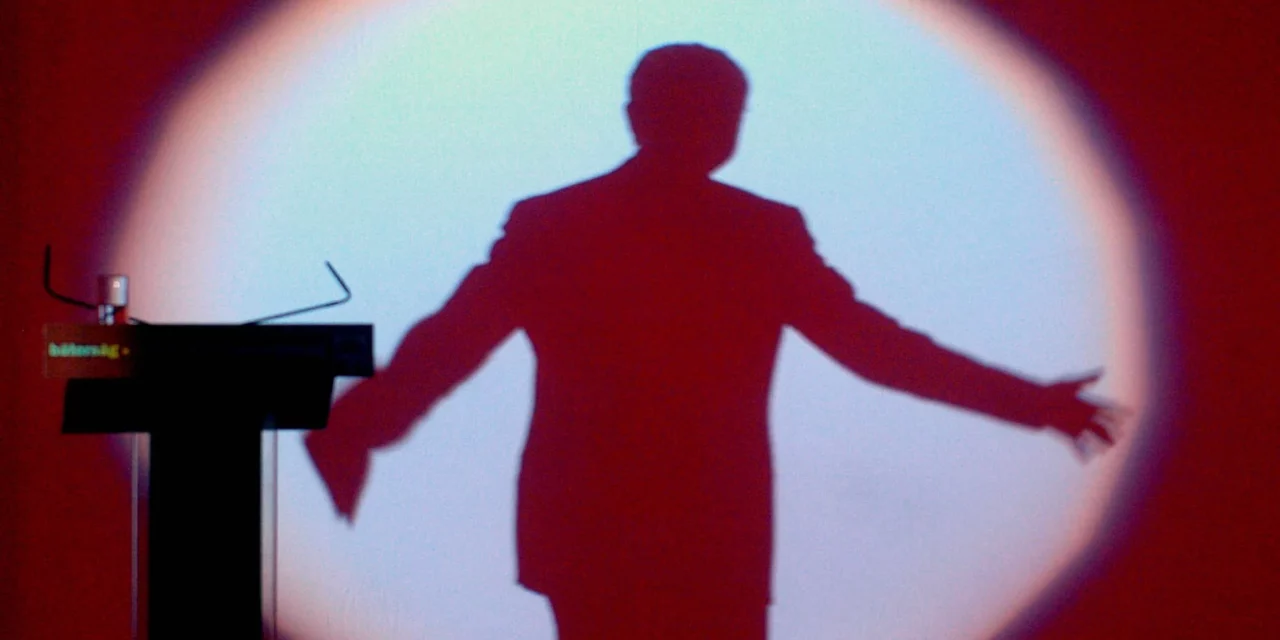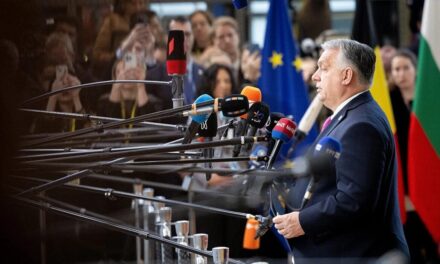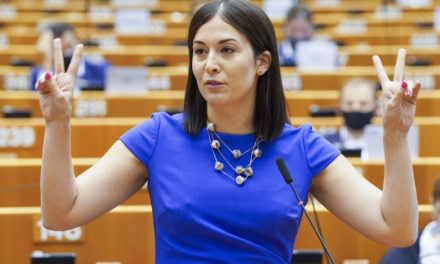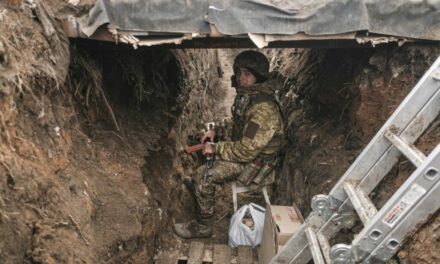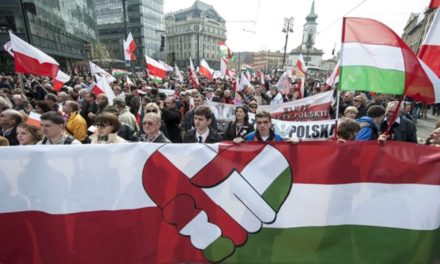Twenty years ago, on August 25, 2004, Péter Medgyessy, the Prime Minister of the MSZP-SZDSZ government, announced his resignation and opened the way for the most tragic figure of our modern democracy, Ferenc Gyurcsány. Zoltán Kiszelly, political analysis director of Századvég, evaluated these two decades Magyar Hírlap .
– When you recall the events of twenty years ago, what comes to mind first?
– Péter Medgyessy became prime minister in 2002 as a result of Kádár nostalgia, with the promise of welfare system change, which died out in two years. The Kádár nomenclature returned with Medgyessy, László Kovács, Ildiko Lendvai, but it proved that what they promised was not sustainable. With Medgyessy's resignation, a generational change began.
With the appearance of Ferenc Gyurcsány, who did not build on Kádár nostalgia, but wanted to pursue a third party policy, which can be characterized by the names of Tony Blair and Gerhard Schröder, it was an extremely popular idea in Western Europe. He was able to unite these hopes in his person.
- However, the choice of Ferenc Gyurcsány as Prime Minister was not so clear, since after the resignation of Medgyessy, at first it seemed that Péter Kis could be the runner-up. How did Gyurcsány come out on top?
– Against Péter Kis, who was another edition of this late Kádár reform nomenclature, he was able to get the SZDSZ and the MSZP on his side. The Gyurcsány promise was attractive.
- According to the 2006 speech in Öszöd, however, after his election, they didn't do anything, everything was subordinated to the success of the 2006 election. Was this just a rhetorical turn or was it the reality?
"That was the painful reality." Gyurcsány did not become prime minister in 2004 after a democratic election, but, quoting Medgyessy, he was elected prime minister as a result of a panzer coup, i.e. at the price of skill, which is why he was fueled by ambition. That is why he took part in the referendum on dual citizenship in 2004, where he prevented the virtual unification of the nation. He did this to show that the exchange was worth it, because he and Medgyessy could not have won.
– Is this period the construction of your own person?
– This was clearly what was going on, since following the referendum and the TV debate with Viktor Orbán the following year, he was at eye level with the former prime minister.
He subordinated everything to his ambition to win a democratic election in 2006. The hundreds of tricks used in Ószöd's speech were not rhetorical exaggeration, but the painful reality of appearing suitable for the role of Prime Minister from the outside.
That is why the gas price hike was postponed in January 2006, why VAT was reduced from twenty-five to twenty percent, and why foreign currency lending was released. These were real decisions, but they significantly contributed to the fact that the economy fell apart in the summer. The pre-election sleight of hand had to pay a double price. Economically, we moaned about its price until 2013, and politically, Gyurcsány has been struggling in its trap ever since.
"Didn't society notice anything about this?"
- No, because everyone felt that they were able to take a step forward following the foreign currency loans. However, after taking out the loans, the black soup came.
– Did Ferenc Gyurcsány's downfall begin on the way to winning the elections, or did he lose support after the Ószöd speech?
– We can mostly link it to the convergence program, and Öszöd's speech is an emphasis on this economic austerity, because even his own comrades did not believe that the situation was so bad. Because of the convergence program, the austerity measures had to be started during the summer. And the Ószöd speech was only made public in September, and it was an awareness of the fact that they lied night, morning, noon and night, but actually his political career went downhill because of the convergence plan.
- Can we consider the years of Ferenc Gyurcsány's prime ministership as wasted five years?
"Not five, but eight years." During this period, Slovakia pulled away from us, and Romania caught up with us. First, the Medgyessy's spent irresponsibly with the fifty percent salary increase for civil servants and the 13th monthly pension, the problem with which was not that they did it, but that it was not covered.
They overpromised, which Medgyessy tried to correct, but the situation was exploited by Gyurcsány, who won the 2006 election with another package of promises.
At the same time, intertwined with bank capital, they were interested in foreign currency lending, which put the entire Hungarian society in a difficult situation. In addition, hardly any EU funds were called in, and no meaningful large-scale investments were made, and this together further weakened the country. None of the prime ministers was able to make the correction, so we can consider this period as a wasted eight years.
- Since the fall of Ferenc Gyurcsány, he has been continuously trying to prove that he is the leader of the left-liberal side. How successful is this attempt?
– It seems that he clung to power, and this convulsive desire to prove himself has driven him ever since. After the social referendum, when the SZDSZ left the government, it did not resign, as it would have had the opportunity to do later, during the 2008 crisis, when Hungary alone among the Visegrad countries had to apply for an IMF loan. He finally did it in the spring of the following year, when his situation had become untenable. He did the same with his party, the MSZP, as long as he saw a perspective in it, he used it, then when it was no longer there, he threw it away and founded his own party, where there could be no doubt as to who was the leader.
– Did the new party, the Democratic Coalition, represent a real new direction, or did it just become a tool to subdue the other left-liberal parties?
- DK would have been the launch vehicle for Gyurcsány's return. He saw that he could no longer kick the ball in the MSZP; on the one hand, the late Kádár nomenclature blamed him, and on the other hand, because of the young people who already wanted to go in their own direction, like Attila Mesterházy. The fact is that it crushed the left under itself, and now the MSZP is just a run-of-the-mill model. He used his party to integrate the usable part of the left. For the 2019 municipal elections, they built a national structure, appointed mayors in several places, and became the largest opposition party in the assembly in even more places. The main achievement of the past thirteen years is that it was able to keep the DK as a national party, and its organization is still among the strongest actors.
It is clear that he is not able to become a sole ruler on the opposition side, but he keeps his party above water and is unavoidable.
The eight or ten percent who stand behind him ensure that there can be no change of government without him. This is his political capital. No matter what Péter Magyar says, Ferenc Gyurcsány must always be reckoned with.
- Despite his many attempts, Ferenc Gyurcsány's rejection is the highest. Does that mean he hasn't been able to rebuild himself since his fall?
- When he appeared, he promised a youthful, Western policy, which culminated in a political harakiri he committed in his own voice with the Öszöd speech, because then he made society aware that he didn't just say that he lied day and night, but actually did it. Society is disappointed by the hopes it has created and is unable to get out of it.
Even though twenty years have passed, his presence constantly reminds people of his failed government.
If it is necessary to explain to the growing new generations who Ferenc Gyurcsány is, it is enough to say that he lied morning, noon, and night. And this is passed down from generation to generation. His governance is such a tragic story that he cannot resolve. The only way would be to withdraw from politics completely, but that would have to go against himself. The situation is a real twenty-two trap.
Author: Zsolt Sütő-Nagy / Magyar Hírlap
Cover image: MTI/Szilárd Koszticsák

